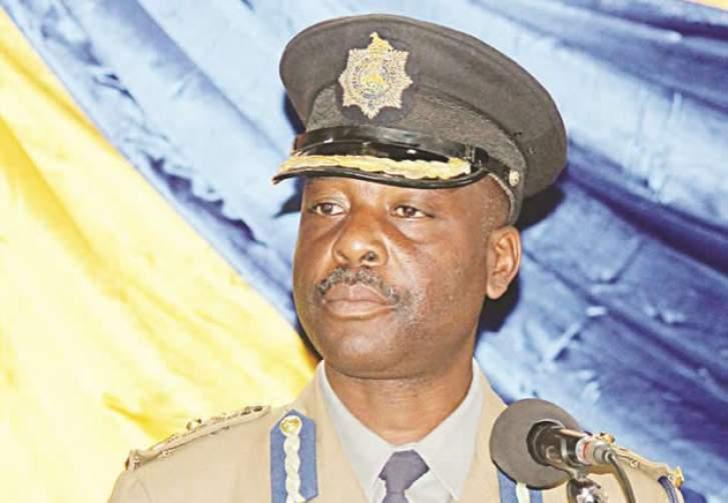News / National
ZRP faces rising corruption, public safety at risk
20 Aug 2025 at 08:37hrs |
1 Views

Zimbabwe's police service, once hailed as a guardian of law and order, is increasingly under scrutiny as allegations of corruption threaten public safety. Under Commissioner-General Stephen Mutamba, reports suggest that the force has become, in many instances, a predator preying on citizens' vulnerability.
Motorists, commuters, and ordinary citizens describe a daily reality of harassment at illegal roadblocks, extortion at police stations, and selective enforcement of the law. In Bulawayo, residents claim police focus more on alcohol-related patrols than on tackling violent crimes, while highway officers reportedly solicit bribes under the guise of routine checks.
At the Zanamwe turn-off in Chitungwiza, kombi crews allegedly pay US$3 per day to traffic officers to bypass safety regulations. Vehicles are often overloaded, unroadworthy, or operating without licences, putting passengers—including schoolchildren and workers—at risk. Observers argue that every accident involving such vehicles is tied, in part, to corruption.
Critics say the ZRP top command has failed to act, raising questions about leadership accountability. Calls for urgent reforms include the establishment of independent oversight, asset and lifestyle audits, whistleblower protection, public disciplinary hearings, rotation of traffic officers, digital enforcement systems, and a revival of community policing.
Without decisive action, public trust in the ZRP risks collapse, leaving Zimbabweans vulnerable to both crime and corruption. Analysts argue that accountability must start at the top, with Commissioner-General Mutamba demonstrating leadership and implementing visible reforms to restore confidence in the police service.
As the debate intensifies, Zimbabweans are left asking a pressing question: Who will police the police?
Motorists, commuters, and ordinary citizens describe a daily reality of harassment at illegal roadblocks, extortion at police stations, and selective enforcement of the law. In Bulawayo, residents claim police focus more on alcohol-related patrols than on tackling violent crimes, while highway officers reportedly solicit bribes under the guise of routine checks.
At the Zanamwe turn-off in Chitungwiza, kombi crews allegedly pay US$3 per day to traffic officers to bypass safety regulations. Vehicles are often overloaded, unroadworthy, or operating without licences, putting passengers—including schoolchildren and workers—at risk. Observers argue that every accident involving such vehicles is tied, in part, to corruption.
Critics say the ZRP top command has failed to act, raising questions about leadership accountability. Calls for urgent reforms include the establishment of independent oversight, asset and lifestyle audits, whistleblower protection, public disciplinary hearings, rotation of traffic officers, digital enforcement systems, and a revival of community policing.
Without decisive action, public trust in the ZRP risks collapse, leaving Zimbabweans vulnerable to both crime and corruption. Analysts argue that accountability must start at the top, with Commissioner-General Mutamba demonstrating leadership and implementing visible reforms to restore confidence in the police service.
As the debate intensifies, Zimbabweans are left asking a pressing question: Who will police the police?
Source - newsday
Join the discussion
Loading comments…






























